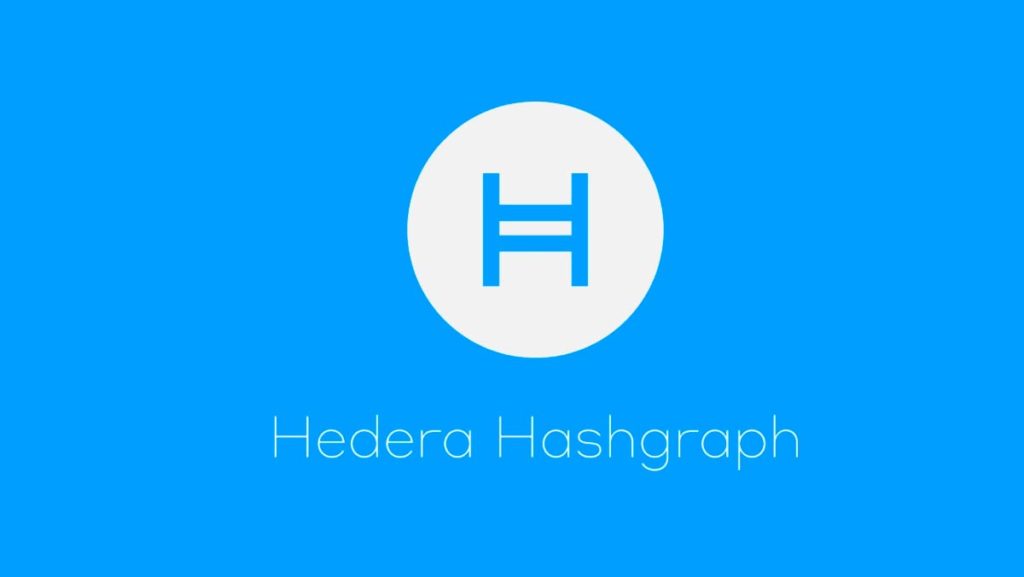Hedera Hashgraph‘s mirror node software is now live in beta. The team also published the required tools for one-click deployment in Google Cloud Platform.
Hedera launched the mirror node software firstly in alpha state. It has run the experimental software with other third parties like network explorers Kabuto, Hashlog, & DragonGlass, and auditing tools like Armanino’s TrustExplorer.
Those partners tested the software while having access to real-time data in major cloud providers like Google Cloud Platform and Amazon Web Services
The mirror node software provides everyone with access to real-time and historical data buckets for Hedera’s testnet and mainnet via AWS or GCP.
“Access to these buckets enables developers to configure and deploy their very own beta Hedera mirror node, as well as analyze network data using a brand-new Hedera-ETL software tool that works with Google BigQuery,” according to a blog post by Hedera.
The instruction for running a node is detailed in that blog post, too.

Hedera tries to provide a fully decentralized network. With the release of the new node software, everyone can verify the data authenticity in Hedera testnet and mainnet. Developers can now have access to transaction records and account balances in Hedera mainnet or testnet using a REST & gRPC API.
Accessing the data in Hedera mainnet and testnet is limited to using public data buckets in GCP or AWS in beta phase. Developers can use this data directly in their cloud-based applications. “In the future, the full Hedera mirror node software (v1) will maintain the consensus state of the network and its historical transactions (or a defined subset thereof), in addition to always watching the network for new transactions. By maintaining the consensus state, mirror nodes will be able to record and be queried for mathematically verifiable state proofs for any transaction,” according to Hedera.
The full mirror nodes in Hedera network can do everything like a normal node. These nodes can accept Hedera API transactions, create events, or even have an impact on the consensus. They provide value-added services such as audit support, access to historical data, transaction analytics, and more.
If you found this article interesting, here you can find more Blockchain and cryptocurrency news






